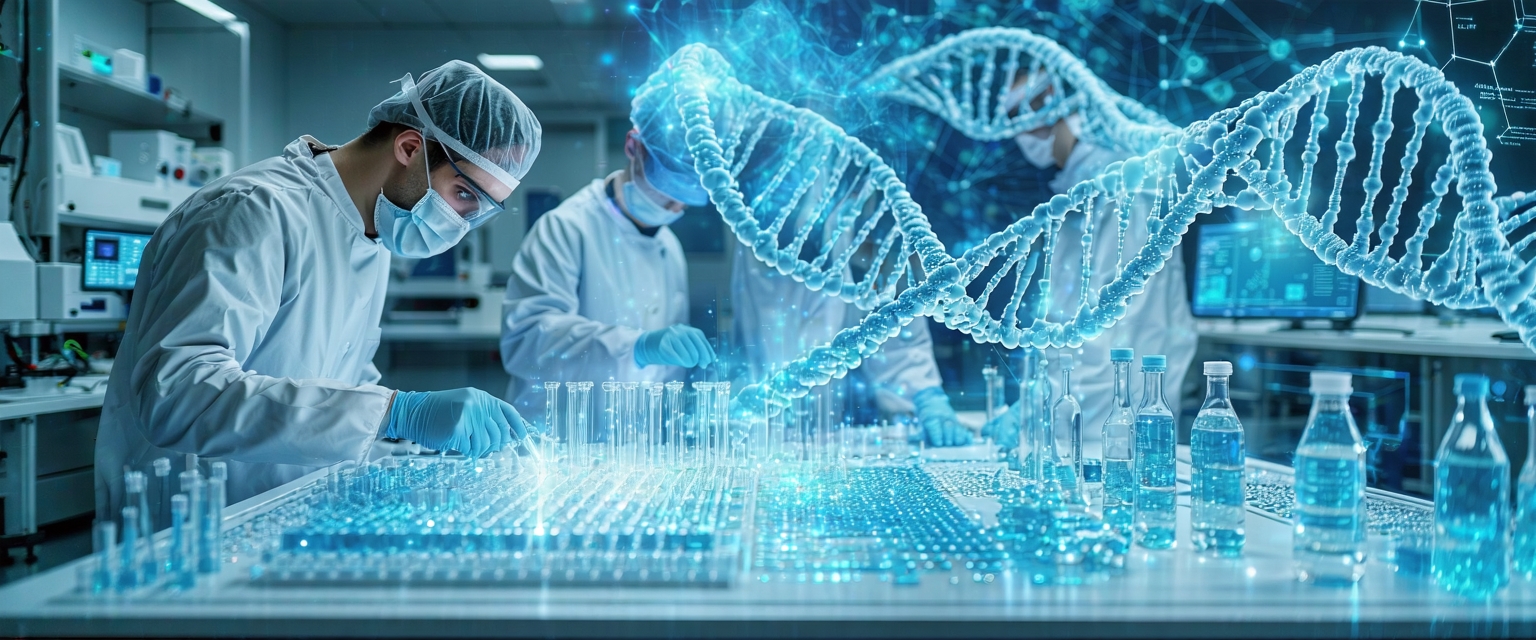






The field of biotechnology is rapidly evolving, with recent advancements promising significant impacts on human health and disease treatment. Two key areas, gene editing and targeted drug delivery, have seen particularly exciting developments.
Gene editing technologies, such as CRISPR-Cas9, have revolutionized our ability to precisely modify DNA. This allows scientists to correct genetic defects, potentially curing inherited diseases. Simultaneously, advancements in nanotechnology are enabling the development of more effective drug delivery systems, ensuring medication reaches its target with greater precision and reduced side effects.
Researchers have recently demonstrated improved CRISPR systems with enhanced accuracy and reduced off-target effects. This minimizes the risk of unintended genetic changes. In drug delivery, new nanoparticle formulations are showing promise in delivering therapeutic agents directly to cancerous tumors, minimizing harm to healthy tissues. Clinical trials are underway, showcasing the potential of these advancements.
The potential impact of these breakthroughs is immense. Gene editing could offer cures for previously incurable diseases, dramatically improving patients’ lives. Targeted drug delivery systems could revolutionize cancer treatment and other therapies, increasing effectiveness while reducing harmful side effects. These technologies could also lead to personalized medicine, tailoring treatments to individual patients’ genetic profiles.
Further research is needed to address remaining challenges. Improving the efficiency and safety of gene editing tools is crucial. For drug delivery, ongoing work focuses on optimizing nanoparticle design for different therapeutic applications and overcoming biological barriers. Ethical considerations also need careful attention, particularly regarding gene editing in germline cells.